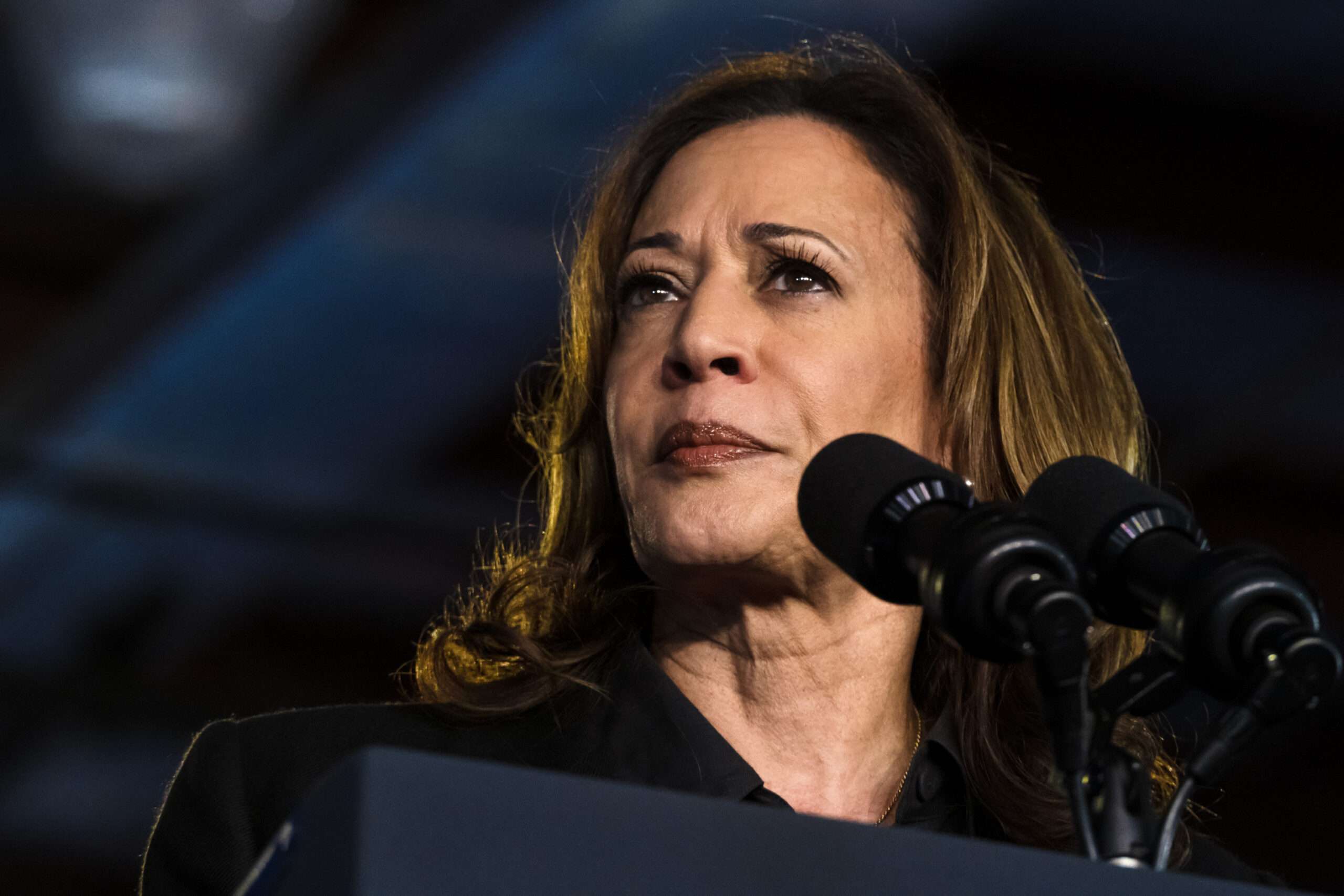Vice President Kamala Harris is being portrayed as an ideas candidate, with recent opinion pieces touting her economic agenda as innovative and transformative. However, some critics argue that her policies lack coherence and fail to present a clear economic philosophy.
According to a column in The Washington Post, Harris’ “opportunity economy” includes a mix of subsidies, price controls, tariffs, tax credits, and a focus on building new homes. This approach is labeled as “fair capitalism” or “middle-class capitalism,” aimed at bridging traditional political divides.
Similarly, a piece in The New York Times praises Harris for emphasizing “building” (such as housing and renewable energy projects) and “balancing” (through antitrust enforcement and price controls) in her economic strategy. The author suggests that Harris is reshaping the narrative around the economy and its goals.
However, critics argue that Harris’ economic policies lack a cohesive philosophy. For instance, her plan to make housing more affordable by building new units while capping rent increases is viewed as contradictory. Additionally, her proposal for antitrust enforcement alongside new subsidies raises questions about the need for additional redistribution measures.
Despite attempts to paint Harris as an innovative thinker, some point out that she struggles to articulate a clear vision for her economic agenda. In interviews, Harris often relies on personal anecdotes and generic policy ideas, such as tax credits for small businesses and homebuyers, without delving into the structural changes needed in the economy.
Overall, while Harris has incorporated some new ideas into her platform, critics argue that her lack of a coherent economic philosophy suggests a haphazard approach to policy-making. The focus on disparate initiatives without a unifying theme raises doubts about the depth and effectiveness of Harris’ economic vision.




